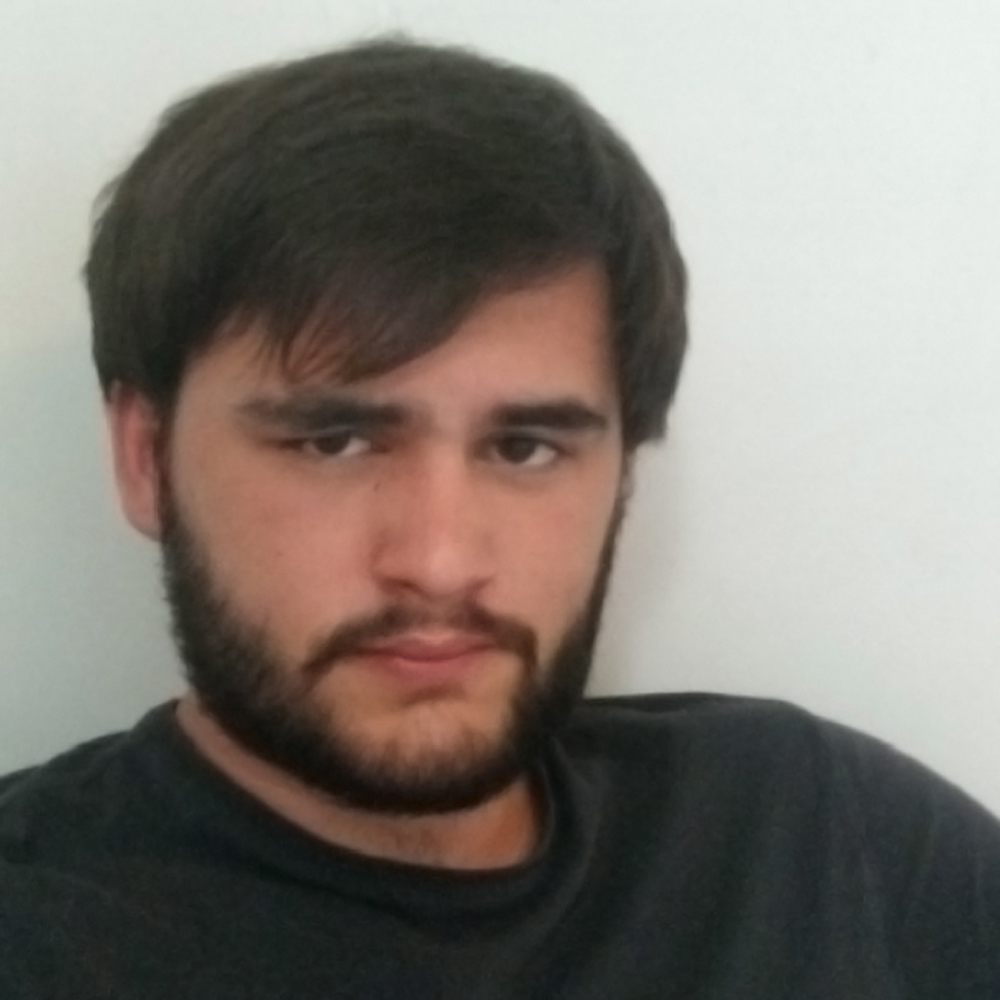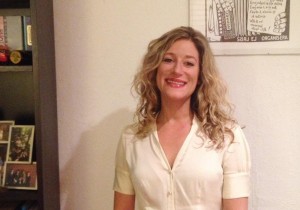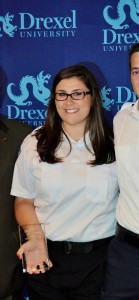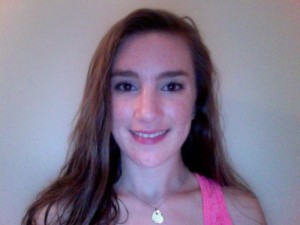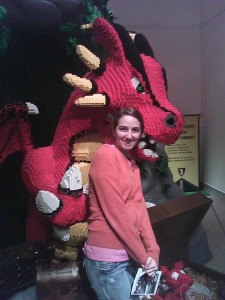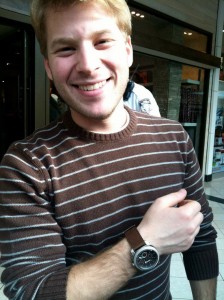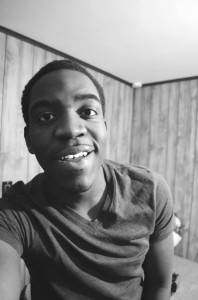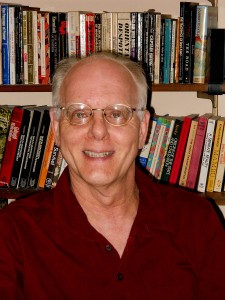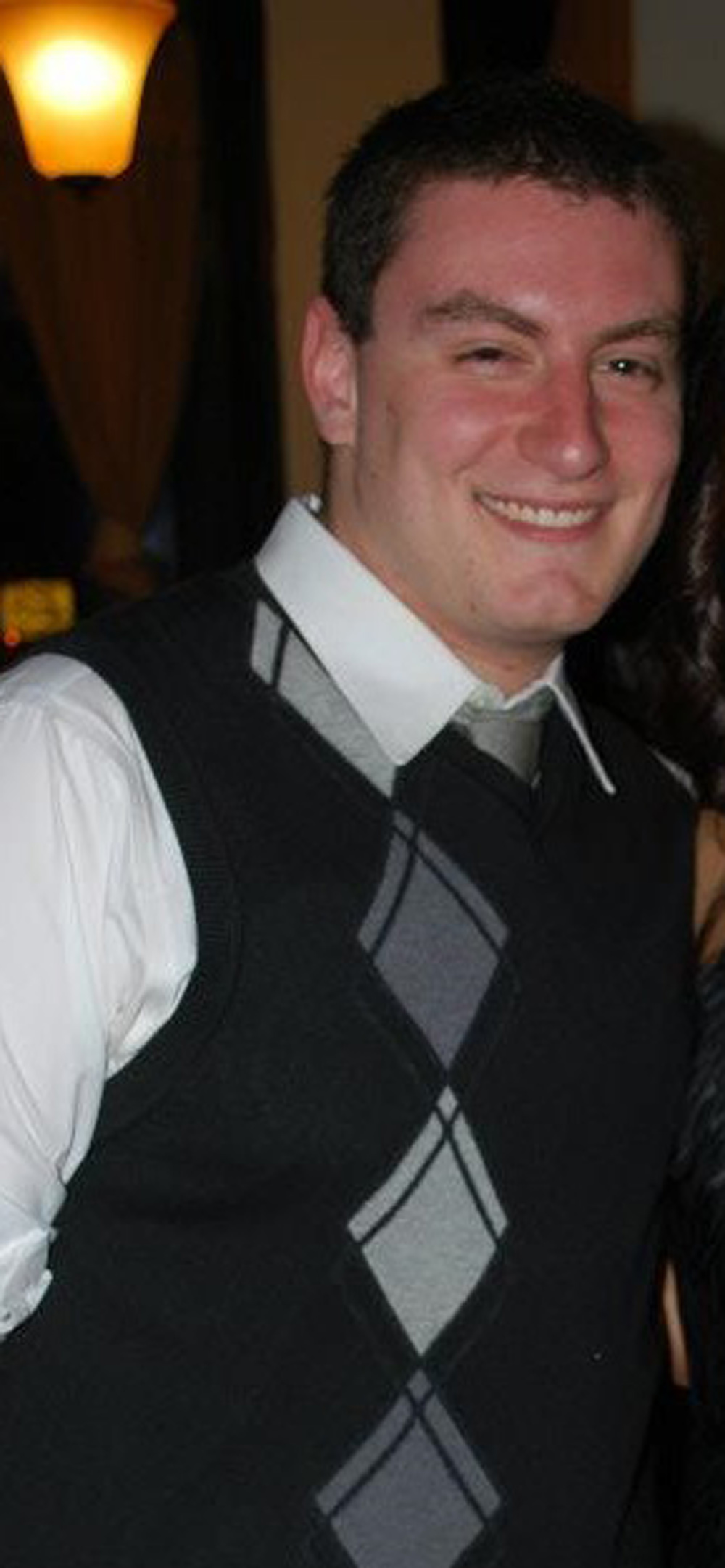
Ethan Collik is a senior business administration major with concentrations in accounting and legal studies who serves as the current president of Drexel’s Campus Activities Board.
The Triangle: What’s your story? How did you end up at Drexel?
Ethan Collik: My brother and my sister both went here. My brother went here for undergrad, and my sister went here for the graduate nursing program. And it was like bottom of my list of schools. Then, after I applied and toured the campus a couple of times, it kept climbing up the list. It ended up being one of my first-choice schools, and then between scholarships and a couple other factors, it ended up being my top-choice school and made the most sense. I’ve enjoyed it since I’ve come here.
TT: When did you become interested in joining Campus Activities Board?
EC: My freshman year, my best friend joined CAB and started getting a couple of our friends involved. In the spring of my sophomore year, I applied and was on the Special Events Committee, which plans the Phillies games, a couple of other sports games; we do trips to Six Flags. Those were all of the types of events I was planning. After a year of doing that I became the treasurer. … And then I was kind of deciding whether I wanted to be director or on one of the planning committees, and Ed Kovacs, who used to be our adviser, pointed out that he thought I’d be a good president of the organization. So I put some thought into it and I talked to some of the previous presidents I knew, and everybody sort of had the same opinion. … And so I just decided to apply. For the executive board position, for the president, we do interviews with the whole committee, and we did the interview process, and I was running against one other person and ended up winning. And it was one of those things where I was very hesitant going into it, but as soon as I won I felt like I’d made the right decision.
TT: What is your role as president?
EC: A lot of the role I do is dealing with the different administration, dealing with a lot of day-to-day paperwork that needs to get done. … Basically my job is to oversee everything that CAB does and to be the point of contact for any other students that want to contact us and other student organizations who want to contact us. I’m usually the first point of contact for outside vendors who want to bring things to campus, and I’ll either pass them on to other event-planning boards in my committee, or if I think they’re better suited [for] another group at Drexel, sometimes I’ll forward an email to that group. … But those are really my biggest responsibilities.
TT: What are some events you have every year?
EC: So the comedy event is our big event for the fall. And a lot of times we’ll do different Halloween-type events: we’ll do pumpkin carving; we’ll have a fortune teller come; we have a balloon artist come; we have a little Halloween fair-type thing. We do movie screenings all throughout the year. We have Six Flags Fright Fest every year. We usually do a Philadelphia Union game, or if the Philadelphia Phillies are doing well and they’re still playing, sometimes we’ll try to get tickets for those. We always try to do either a Broadway trip in New York or to one of the plays in Philadelphia. … In the winter we usually do a ski trip or two. We still do the movies; we have the Crystal Ball, which is sort of like a prom-type event. … Last year we had laser tag in the DAC during the winter. … And in the spring we do Spring Jam, which is a big concert. A lot of times in the spring we’ll try to have a lot of campus outdoor events because it’s nice out and we feel as long as students are here and it’s nice out they might as well take advantage of it.
TT: Do you have any goals for the coming year?
EC: We usually do pretty serious goal setting. … I know as a whole for the organization, I think our biggest goal is to keep increasing attendance. Year over year, we keep records of how many people come to each event, and I think one of our big goals for this year is to just sort of either rework the events that didn’t get great attendance or replace them with events that hopefully [will] get better attendance. And for the events that we do year after year, I think it’s important that we get even more and more attendance. I know this year, so far for all of our events we’ve been increasing attendance by leaps and bounds since last year, which for my board is great. It just goes to show that we put in a lot of hard work already this year, and it seems like it’s going to pay off.
TT: As president, are there any challenges that come with that responsibility?
EC: Of course! I think for me personally, the biggest challenge has been juggling everything, whether it be dealing with the administration or dealing with all the forms the different organizations have to deal with, or just the pure fact that I am responsible for an organization that has 42 people in it. [It’s] just a lot to handle, and emails are flooding in every day. So I think for me it’s just being able to juggle everything. Because I have had experience in the event-planning side of things and I was a treasurer, I know how the financial side of things works. It hasn’t been too much of a challenge for me to pull everything together — it’s been just sort of keeping my head above water while I was taking everything over. That’s what I think the biggest challenge is for me.
I think the biggest thing [CAB has] an issue with and the biggest thing we’re trying to work on is once people get out of their freshman year we really lose them in terms of coming onto campus, doing events and participating in our activities. The change they made this year with sophomores living on campus, I think that has really helped us a lot. I think it’ll be interesting to see if those students who now spend two years on campus, if they still drop off after sophomore year in terms of coming to our events or not.
TT: Along those lines, what is your favorite part of the job?
EC: Honestly, my favorite part of the job is when I can help someone plan a successful event — whether it’s in my organization or outside of my organization. You know, a lot of times I’ve had people come to me and ask for help, either putting a new organization together, writing a constitution for a new organization, or simply just help with the event-planning process — from filling out paperwork to get a room, all the way to putting the event on and making sure everything happened OK. My favorite part of the job is just seeing how I can help people and [generally] helping people reach their goals.
TT: What else are you involved with outside of CAB?
EC: I’m in a couple of the clubs in the business school, like the finance club and some other stuff. But I’ve really taken a step back and don’t really do much for them since I’ve been more involved in CAB. The only other thing I’d say I’m really involved in is Greek life. I’m in Alpha Pi Lambda. I try and do what I can. I think it helps in terms of being the president of CAB — just to be involved in as many things as I can. I feel like it gives me sort of a one-up on what’s going on [within] campus and what other groups have done successfully and what other groups haven’t done successfully. I think it helps CAB as a whole.
TT: What is something that people might not know about you?
EC: My interesting fact that most people don’t know is that I recently decided I don’t want to work in accounting, and I am going to take my LSAT and go to law school.
Triangle Talks is a weekly column that highlights members of the Drexel community.
The post Triangle Talks with Ethan Collik appeared first on The Triangle.

